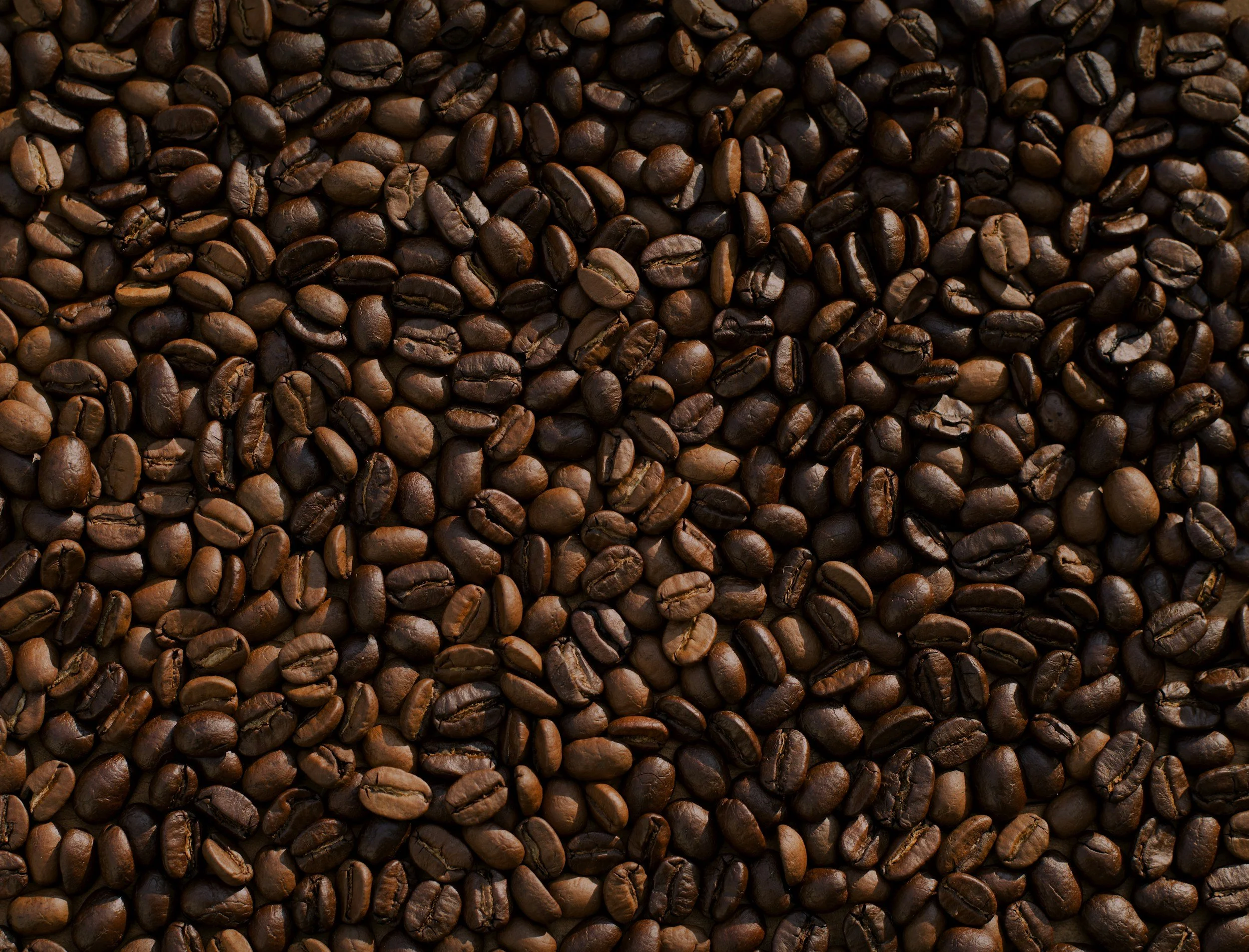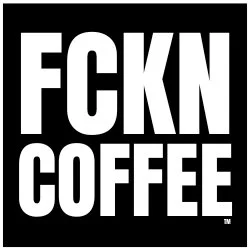
Acidity - Chemical compounds in coffee that are responsible for most of the desired fruit-like flavors.
AeroPress - A syringe-like device that makes a single cup of coffee using properties of both immersion and pressure brewing.
Arabica - The most common species of commercially grown coffee bean; it is considered higher in quality than robusta, and is the primary species used in specialty coffee.
Blend - A mixture of coffee beans with more than one origin.
Bloom - Prewetting the coffee grounds to release excess gas and to aid the brewing process.
Body - The texture and viscosity (perceived thickness) of a coffee experienced on your palate. Also known as "mouthfeel."
Brew ratio - The relational measurement of coffee grounds to water that determines the strength of brewed coffee.
Brew time - The amount of time that water is in contact with the
coffee grounds while brewing.
Burr grinder - A machine that uses two metal discs or nested cones to crush coffee beans into uniform particles.
Chaff - The dry papery remains of the coffee bean's silver skin that comes off during roasting.
Commodity coffee - Coffee that is sold on the global market with no regard for its quality or traceability.
Crack (first) - A critical point in the roasting process when coffee beans expand to release gases trapped inside; an audible cracking sound occurs when the beans' temperature reaches around 380°F.
FCKN COFFEE GLOSSARY
Crack (second) - A point in the roasting process when coffee beans are roasted very dark and expand a second time, producing anothercracking sound around 435°F.
Cupping - A method of brewing, smelling, and tasting several different coffees side-by-side for comparison and evaluation.
Degas - A process that occurs for a few days after roasting in which coffee beans expel a lot of gases, such as carbon dioxide, which can
affect their flavors.
Direct trade - An unregulated term implying that coffee roasters buy coffee through direct relationships with coffee farmers.
Drip coffee - A method of coffee brewing in which water passes through coffee grounds and a filter with the aid of gravity.
Extraction - The amount of flavor removed from coffee grounds
during the brewing process.
Fair trade - A certification provided by several nonprofit organizations to guarantee better pricing for coffee farmers who meet certain criteria regarding safety, sustainability, and community investments.
French press - A device used for steeping coffee grounds and water together before a metal filter is plunged down to separate them. French press coffee is an example of immersion brewing.
Green coffee - The name for coffee beans in their processed but unroasted form.
Grind size - The size of ground coffee particles adjusted for proper extraction during brewing.
Honey process (semi-washed or pulped natural) - A method of processing coffee that involves allowing the mucilage to dry on the seed before the beans are milled.
Immersion brewing - A category of brewing methods that involve steeping coffee grounds in water for a set amount of time.
Lot - A selection of coffee that has been sorted and separated into a specific grouping.
Moka pot - An Italian device that uses steam pressure to brew a thicker style of coffee similar to espresso.
Mucilage - A sticky, honey-like gel that is left on the bean after the fruit is removed.
Mouthfeel - See "body."
Natural process (dry or sun-dried) - A method of processing coffee that involves allowing the whole coffee cherries to dry before the beans are separated from the fruit.
Over extracted - When too much flavor has been removed from the coffee grounds, including the undesirable ones, resulting in a bitter and unpleasant-tasting coffee.
Parchment - A thin, papery shell that encases the coffee beans and is removed at a mill before the beans are exported to coffee roasters.
Peaberry - A rare genetic mutation that occurs in some coffee cherries, in which only one bean develops instead of two. These beans are sometimes sorted and sold as a special offering.
Pour over - A manual method of making drip coffee using a cone-shaped dripper, a filter, and a kettle to pour water over the coffee grounds.
Pressure brewing - A category of brewing methods that use pressure to force water through the coffee grounds to extract flavor.
Pulp - The discarded portion of a coffee cherry that includes the skin and most of the fruit.
Roasting - The process of heating green coffee beans to induce various chemical reactions that develop the flavors that are extracted during brewing.
Roast profile - A set of data created by a roaster to develop a specific coffee bean to his or her desired roast level.
Robusta - A cheaper, lower-quality species of coffee that grows better at lower altitudes and is more resistant to disease than arabica coffee.
Single origin - Coffee beans from a distinct location, which can be as specific as the country, region, mill, farm, or lot.
Specialty coffee - Coffee that meets a certain industry standard, is free of defects, and is produced with quality and flavor in mind to display the characteristics of a specific origin.
Strength - How intense or weak a coffee tastes depending on the
brew ratio used
Terroir - The specific environmental and geographic characteristics of a place-including the soil composition, weather, and elevation-that influence the flavor of coffee beans grown there.
Underextracted - When too little desirable flavor has been removed from the coffee grounds, resulting in a sour and weak-tasting coffee.
Variety - The numerous subspecies within the coffee family that have unique characteristics that impact how they are grown and how they taste.
Washed process (wet) - A method of processing coffee that involves squeezing the beans from the cherries before soaking them in water (to remove the sticky mucilage), and then drying the beans.
